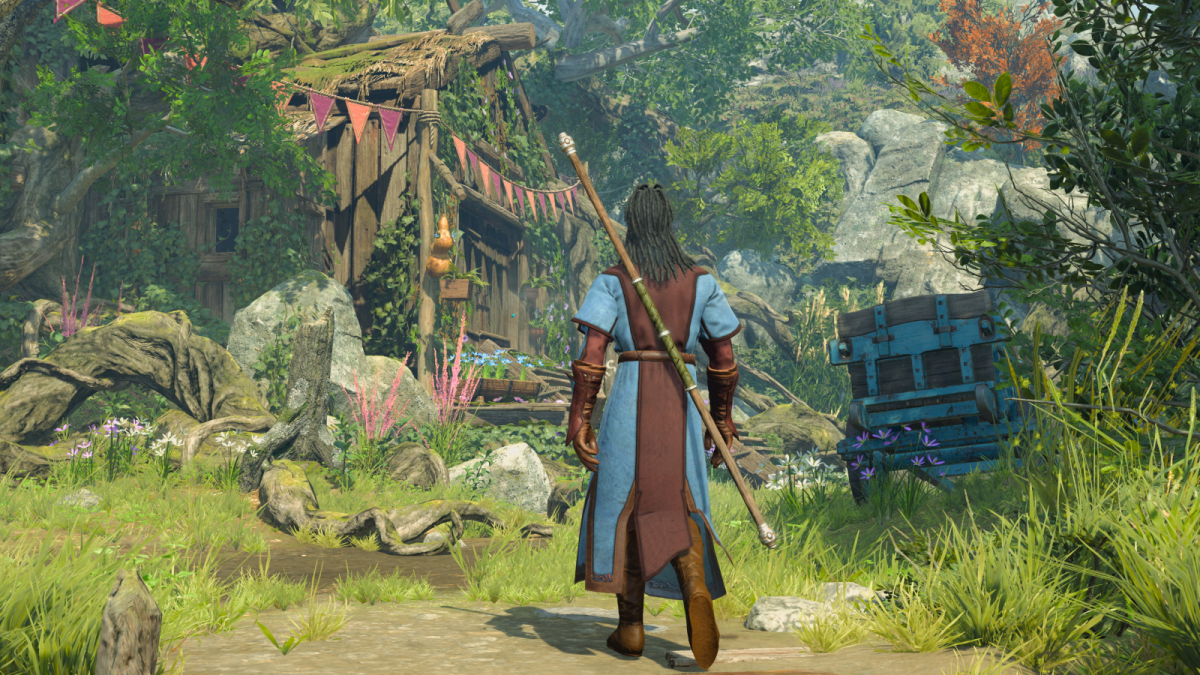Building a sorcerer in Baldur’s Gate 3 offers a magical and versatile gameplay experience, allowing you to harness the force of arcane spells and shape the battlefield to your advantage. This guide will give insights into why you should decide to play a sorcerer, the different types of sorcerers available, how to build your sorcerer character, the pros and cons of this class, choosing the best origin, and optimizing your party structure around your sorcerer’s assets.

Why You Should Play a Sorcerer:
Sorcerers are spellcasters with innate magical abilities, drawing power from their bloodline or inherent association with magic. Playing a sorcerer in Baldur’s Gate 3 offers the excitement of casting strong spells, shaping reality, and adapting to various combat situations with finesse and flair.
The Different Types of Sorcerers:
Draconic Bloodline: These sorcerers have a lineage attached to dragons, granting them elemental resistances and draconic-themed spells.
Wild Magic: Wild sorcerers harness unpredictable and chaotic magic, with spells that can have startling results because of their untamed nature.
Shadow Magic: Shadow sorcerers manipulate darkness and shadows, excelling at stealth and dealing necrotic damage.
How to Build Your Sorcerer:
Pick a Subclass: Select the subclass that aligns with your favored playstyle. Consider whether you want to zero in on damage, utility, control, or a blend of these aspects.
Ability Scores: Focus on Charisma, as it straightforwardly affects your spellcasting abilities. Constitution is also important for survivability.
Spells: Pick spells that supplement your subclass and the job you want to play in your party. Blend offensive, protective, and utility spells for versatility.
The Pros and Cons of Sorcerer:
Pros:
Innate Spellcasting: Sorcerers don’t have to prepare spells in advance; they can cast any realized spell using spell spaces.
Metamagic: Sorcerers can change spells with Metamagic, allowing for elevated impacts or greater versatility.
Versatility: Access to many spells makes sorcerers adaptable in various situations.
Cons:
Restricted Spells Known: Dissimilar to wizards, sorcerers have a set number of spells they can be aware at any time.
Restricted Ritual Casting: Sorcerers can’t cast rituals, which can be valuable for utility spells.
Hardly any Non-Spell Abilities: Sorcerers primarily depend on their spells for combat and utility, offering less non-magical choices.
Which Origin is Best for Your Sorcerer?
The best origin relies upon your favored playstyle and the job you want to satisfy in your party. Consider your favored spell components, playstyle, and character idea while choosing an origin.
Building Your Party Around Your Sorcerer:
Complementary Jobs: Include party individuals who fill jobs that your sorcerer doesn’t succeed in, for example, scuffle combat, healing, or tanking.
Swarm Control: Pick companions with swarm control abilities to help your sorcerer’s area-of-impact spells.
Cooperative energy: Search for companions whose abilities synergize with your sorcerer’s spells, enhancing their viability in combat.

Conclusion:
Playing a sorcerer in Baldur’s Gate 3 offers an enchanting and dynamic experience, immersing you in the realm of magic and spellcasting. Via carefully selecting your subclass, spells, and party piece, you can create a sorcerer character that showcases your creative playstyle as well as contributes significantly to your party’s prosperity. Whether you’re unleashing devastating spells or shaping the battlefield with your arcane powers, your sorcerer will without a doubt turn into a force to be dealt with in the captivating universe of Baldur’s Gate 3.